What do you think?
Rate this book


464 pages, Hardcover
First published September 25, 2018
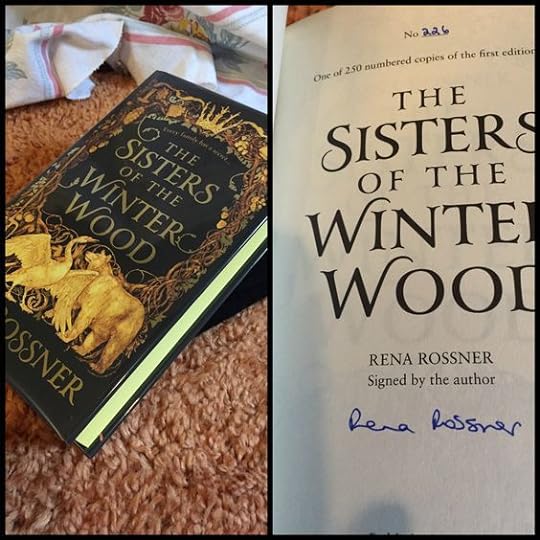

“Sometimes you know when you don’t belong, but you don’t know how to leave.”
“If you want to know the history of a town, read the gravestones in its cemetery.”
“We can’t fight our natures, even though we try. A bear will always be a bear, and a swan a swan. Everyone fights, malyshka; everyone questions their choices. Even people who love each other.”
“Death lives here. Death will always live here.”
“I get to choose what kind of strong I want to be.”


his lips touch mine
and everything around us
disappears. I drink him in,
ravenous, I can’t get enough
of his lips, I nip at them
and tug at his tongue
with my teeth,
sucking on his lips
like they are life
and air,
like I am thirsty
and his lips
are an oasis
in the desert.
I feast on them.
On him. As
every
thing around me spins.
He breaks the kiss,
both of us breathless, eyes wild,
lips swollen
and red.
I shake my head
and rub my eyes
trying to clear
the glare, the fog.
I lean in again
so close, my lips
almost at his,
and beg for more.
Liba didn’t wake up
early this morning
like she usually does.
I’m worried about her.
I’ve never seen her
like this.
Sad, quiet, thoughtful.
So I get up
and do the chores,
and let her sleep.
 come to my blog!
come to my blog!For there is no friend like a sister
In calm or stormy weather;
To cheer one on the tedious way,
To fetch one if one goes astray,
To lift one if one totters down,
To strengthen whilst one stands.
-----From Goblin Market by Christina Rosetti
I know what might be happening to me; I just don’t know if I want it to happen, and I have a feeling that there’s nothing I can do to stop it once it starts.Once upon a time two sisters lived in a house in the woods. Liba (almost 18) and Laya (15) are the yin and yang of this story. Liba is zaftig, with dark hair, devoted to her father, her religion and culture. Laya is fair, the pretty one, an uninterested student of religion or homemaking skills. She is flighty, head in the clouds, a dreamer. She yearns to leave, see the world. It’s got to be better than this place. They both wonder about what lies ahead for them.
I am always looking for someone, or something, hiding just beyond the forest, past the river, above the trees. A place. A story. A person. A different kind of life. Someone who understands me. Who sees what I see, feels what I feel, who knows, the way I do, that there must be a different way to live. What would happen if I found it?They live in the wooded outskirts of a small town in Bessarabia. When their parents are called away on the death of their father’s father, they are left alone for a spell. It is while their parents are gone that a band of strange merchants arrives at the town.
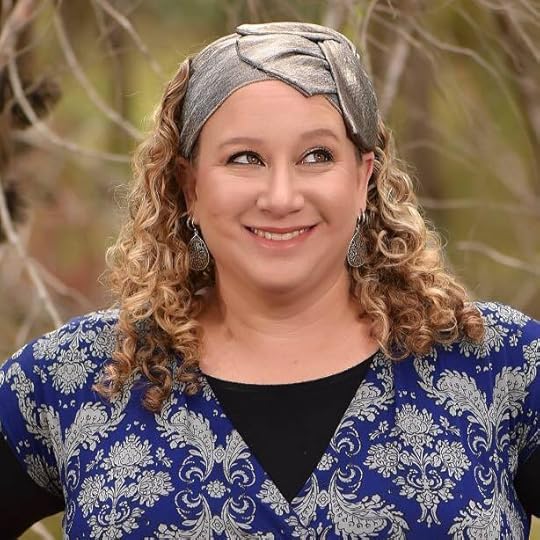
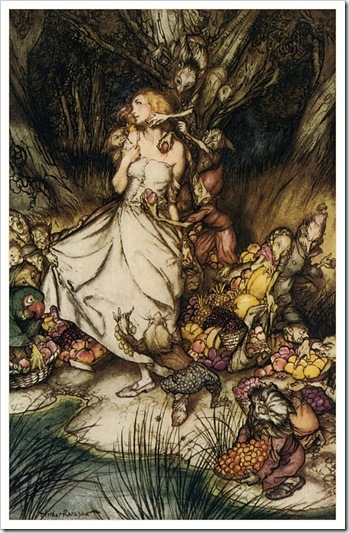


All men are beasts inside. Some just show it differently than others.Rossner peppers the novel with a wonderful collection of Yiddish, Hebrew, and some Ukrainian words and expressions. I knew many of these, but was very grateful for the glossary at the back of the book. They add to the feel of a defined community of people, sharing a special language in addition to sharing a geographical location.
Sometimes you become the person you want to be, you give up everything that you are…but family and faith has a way of calling you back.Like the original, this is a tale of sisterly love, devotion, and sacrifice. In addition, Rossner has added the love for community, family, religion, and tradition, reflecting her real-world values. As with the original there is abundant, and steamy, if only suggestive, sexuality.
Am I attracted to him or do I just want to eat him?The transformation in Goblin Market may have been the industrial transformation of England, (the change represented by the goblins being the availability, made possible by industrialization, of things previously considered exotic) but here it is a change from at least some level of mutual tolerance to the arrival of extermination-level anti-semitism.
We can all become what we need to be in a time of danger…The story is told in alternating chapters, this sister then that. Laya chapters are presented in a verse form, reflecting her more poetic nature, while Liba’s chapters are more traditional prose. One result is that the page count for the book is a bit deceptive. My ARE comes in at 429 pps. But it reads much faster than that because there is so much less text on the pages in Laya’s chaps.
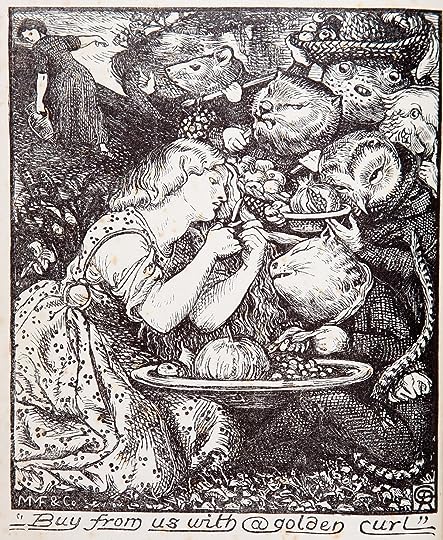
Children know that there are monsters, and fairy tales tell them where the monsters can be defeated. - from the Professional Book Nerds audio
Maybe YOU actually really do love the writing process. I personally love the rewriting process. It’s not just that my first drafts suck. It’s more than that. My first drafts aren’t books. They are piles of bones. And only when I finish with all the bones can I go back and figure out which bones are missing and what goes where until I make a skeleton. And then I start again.Goblin Market
There have always been rumors about the Kodari forest and the hidden things within it. Now I know we are a part of that unseen world.
Death lives here. Death will always live here.
Perhaps there are different breeds of men. What separates one from the other?
Liba didn't wake up
early this morning
like she usually does.
I'm worried about her.
I've never seen her
like this.
Sad, quiet, thoughtful.
So I get up
and do the chores,
and let her sleep.


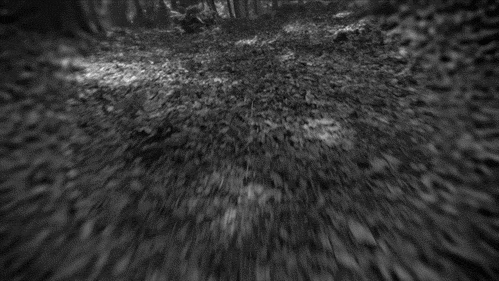
"'He is a hunter, or did you not know that? All men are beasts inside. Some just show it differently than others.'"